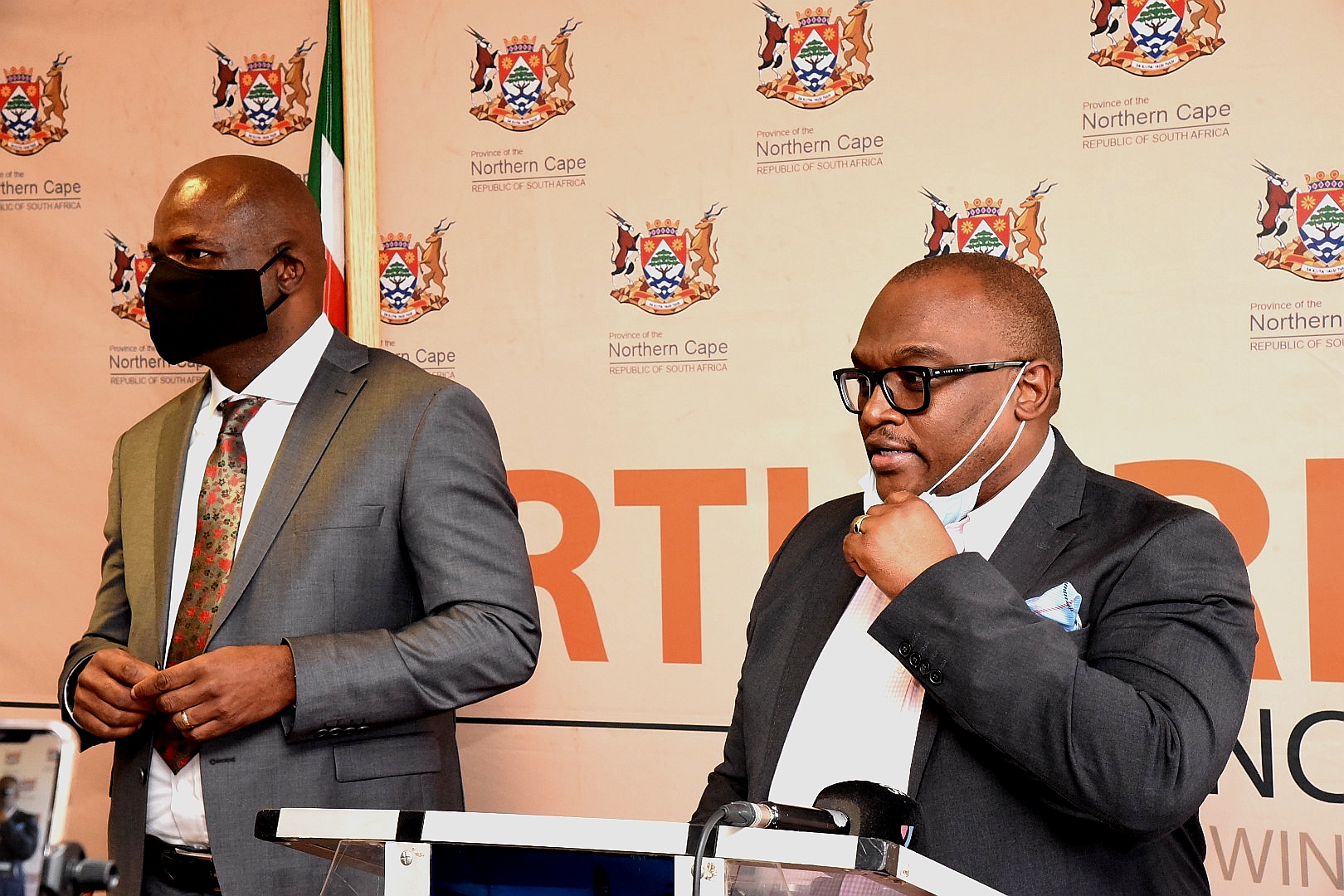 The South African Constitution in Chapter 7 outlines the objects of a municipality in section 152. These Constitutional provisions are clear directives for rendering of services in an effective and efficient manner. Municipalities are the closest form of governance to the people, this proximity is strategic for the sole purpose of ensuring that the communities have access to basic service delivery i.e. running water, provision of electricity, refuse removal and sanitation.
The South African Constitution in Chapter 7 outlines the objects of a municipality in section 152. These Constitutional provisions are clear directives for rendering of services in an effective and efficient manner. Municipalities are the closest form of governance to the people, this proximity is strategic for the sole purpose of ensuring that the communities have access to basic service delivery i.e. running water, provision of electricity, refuse removal and sanitation.
Phokwane Local Municipality has been brazen with political and administrative challenges in the recent past, more so over the last 4 years. The Provincial Government through the Departments of CoGHSTA and Provincial Treasury have been supporting Phokwane local municipality with institutional capacity on finances and human resource with the aim of ensuring that the communities within that municipalities are provided with the necessary services.
As part of the section 154 support, a municipal manager was seconded to the municipality to stabilize the administration for optimal service delivery to the communities, the seconded municipal manager was removed forcefully without just cause.
This was followed by the resignation of the Chief Financial Officer in 2017 and the end of contract of the Director Technical Services. This morass of instability triggered governance challenges in the Municipal Council which resulted in a number of issues inter alia:
- Failure by the Municipal Council to ensure that there is maintenance of essential services in the rendering of uninterrupted water service to the community as required by the National Water Act, 36 of 1998;
- Failure by the Municipal Council to appoint a Chief Financial Officer and acting senior managers, thereby failing to Organise the Administration of the municipality in accordance with section 56 of the Local Government: Municipal Systems Act, 32 of 2000; and
- Failure by the Municipal Council to implement and maintain proper and diligent financial accountability and compliance with the Local Government: Municipal Finance Management Act, 56 of 2003.
Consequent to the above governance and administrative challenges the MECs of CoGHSTA and Finance approached the Provincial Executive Council (“EXCO”) to intervene in the municipality in terms of sections 139(1)(b) and 139(5) of the Constitution of the Republic of South Africa, 1996 (“Constitution”).
On the 27 March 2019 the Provincial Executive Council (EXCO) accordingly placed Phokwane local municipality under administration (“1st intervention”) in terms of section 139(1)(b) and 139(5) of the Constitution. The Municipal Council vehemently resisted and legally opposed the provincial intervention – but lost the urgent application to interdict the intervention.
This municipal downward spiral at the expense of the people extended to the disruption of council meetings by expelled councillors resulting in the Municipal Council not being able to meet to consider and approve the Annual Budget for the 2019/20 Financial Year before the commencement of the new financial year (30 June 2019). As at the 01 July 2019 the Council had failed to approve the 2019/20 Budget within the specified timeframes of the MFMA.
As a consequence of the Municipal Council’s failure to approve the 2019/20 Annual Budget as required by the MFMA, the Provincial Executive Council (EXCO) was forced to intervene (“2nd intervention”) again at the municipality on the 10 July 2019, during a section 139(1)(b) intervention to approve a temporary budget in terms of section 139(4)(b) of the Constitution read with section 26(1)(b) of the MFMA.
The proliferation of litigation matters has ultimately resulted in the municipality having two mayors and two speakers. This confusion permeated into the administration and resulted in the dual Convening of Municipal Council meetings, giving of conflicting instructions to the Administrator and officials. The manifestation of political dynamics within the council further circumvented the implementation of the Section 106 report which investigated the serious malpractice at the municipality.
In January 2020 the Municipal Council again failed to meet to table and consider the Mid-Year Budget and Performance Assessment Report (section 72) and the 2019/20 Adjustments Budget.
Given all the above governance and administrative challenges the Provincial Executive Council resolved to dissolve the Municipal Council in terms of section 139(1)(c) of the Constitution (3rd intervention) as it is evident that the Municipal Council failed to fulfil their executive obligations as a result of the following:
- failing to hold critical council meetings to appoint senior managers;
- failing to consider the section 106 report;
- failing to approve the 2019/20 FY budget, the Mid-Year Budget & Performance Assessment Report and the 2019/20 Adjustments Budget;
- the municipality having two (2) Speakers and Mayors resulting in financial and legal constraints; and
- the Municipal Council vehemently opposing and working against the section 139(1)(b) intervention by the Provincial Executive Council(EXCO)
The unfortunate sequence of events at Phokwane Local Municipality have unfortunately been unfolding at the expense of the people, robbing communities of basic service delivery. It is in this context that after numerous interventions and for the benefit of the people of Phokwane, the municipal council is hereby dissolved, with immediate effect.
The Provincial Executive Council (EXCO)has delegated the MEC of CoGHSTA to amongst others publish the powers and function of the Administrator who will continue to be supported by the administration team of the Financial Expert and an engineer from the Municipal Infrastructure Support Agency (“MISA”). All the necessary processes will be put in place to ensure that by-elections are held.
As a result of this intervention the Municipality will be in a better position to work with the Department of Health to deal with the fight against the COVID-19 pandemic.
Released by the Office of the Premier, Northern Cape Provincial Government


